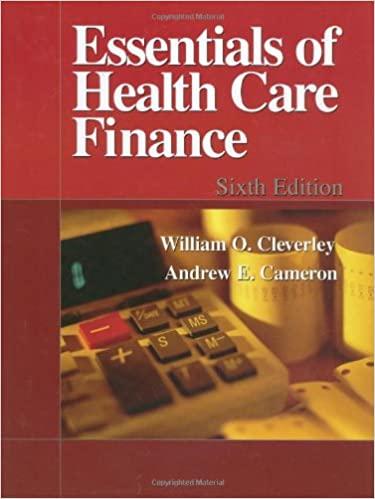Question
What is Gamification? Gamification marketing involves incorporating gaming elements into a non-gaming context to improve engagement levels and encourage users to take specific actions. According
What is Gamification?
Gamification marketing involves incorporating gaming elements into a non-gaming context to improve engagement levels and encourage users to take specific actions. According to Deterding et al. (2011), gamification was nurtured in the digital media industry and only widely adopted in the middle of 2010. Gamification uses design elements/parts of games rather than the whole of a game-based technology (full-fledge games). In business contexts, gamification refers to designing products and services to provide game-like experiences to create value and prompt more positive responses from customers (Huotari & Hamari, 2017). Firms adopt gamification primarily to improve consumer loyalty, positive word-of-mouth, and engagement (Leclercq, Poncin, & Hammedi, 2017). Gamification typically involves point systems, levels, or badges that show each individual's progress in participating in specific tasks. In essence, gamification is different from game-playing, which is primarily designed for entertainment and leisure (Hamari & Koivisto, 2015). According to Palmer et al. (2012), four distinct aspects of gamification are progress paths concerning rules and difficulty/complexity; feedback and rewards such as obtained points and status; social connection to boost group dynamics; and interface and user experience driven by aesthetics, integration, usability, and fun. Gamification may change people's behavior in part because of human tendencies to compete, challenge and socially interact (Zichermann & Cunningham, 2011, as cited in Hardwood & Garry, 2015, p. 536). Starbucks as A Gamified Loyalty Program
"Recently, Starbucks launched a bingo game as part of their customer reward program, My Starbucks Rewards. To participate in the reward game, customers need to enroll in the bingo game. Then whenever customers use Starbucks' mobile app for their purchases, the purchases are applied to the bingo game (i.e., they earn reward points for future free food or beverages). Through the bingo challenge, customers can achieve up to 300 additional points, which are worth two free drinks plus 50 additional reward points. Customers are easily able to check their status and redeem the rewards as well." Gamification and Loyalty Program (LP)
Social exchange theory posits (Blau, 1964; Emerson, 1976) posits that consumers conduct a subjective cost-benefit analysis of an LP, measuring the cost of providing their private information against benefits such as discounts or free perks. For gamified LPs, consumers may perceive fun experiences derived from gamified LPs (vs. conventional LPs) as additional benefits, and these fun experiences may elicit a flow state (Cskszentmihlyi, 1990). As a practical example, Starbucks' LP, My Starbucks Reward, has offered gamified challenges such as Bonus Star bingo and Starbucks for Life. For Bonus Star bingo, each purchase fills one spot on a card showing various tasks (e.g., coffee with friends, weekender), and each completed line is rewarded with additional points. For Starbucks for Life, each purchase confers a chance to win various benefits (e.g., one week of free drinks, one month of free drinks, etc.). Indeed, Starbucks has been very proactive in developing its LPs, particularly with mobile and/or gamified LPs. Their mobile app is a lifestyle app that interplays with customers' lives and makes the brand a lifestyle enhancement (Hyken, 2017). The success of Starbucks' LPs indicates that the cost-benefit analysis as well as a fun experience from gamified LPs can lead consumers to more positive behavioral responses than do conventional LPs. Discussion Questions
What is a loyalty program? Please think of an example. The research argues that gamified LPs will positively impact consumers' LP loyalty, as compared to conventional LPs without gamification. Do you agree or disagree with the statement? Please explain. Design another gamified loyalty program for one of the two brands: Wendy's and Mountain Dew.
Step by Step Solution
There are 3 Steps involved in it
Step: 1

Get Instant Access to Expert-Tailored Solutions
See step-by-step solutions with expert insights and AI powered tools for academic success
Step: 2

Step: 3

Ace Your Homework with AI
Get the answers you need in no time with our AI-driven, step-by-step assistance
Get Started


